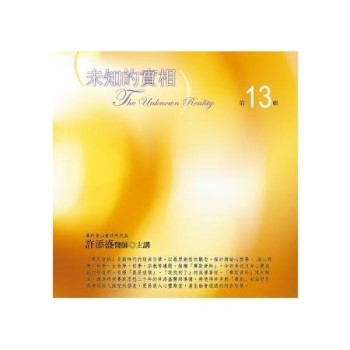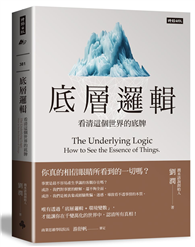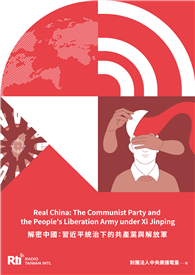Tono-Bungay is a realist semiautobiographical novel written by H. G. Wells and published in 1909. It has been called "arguably his most artistic book". Plot: Tono-Bungay is narrated by George Ponderevo, who is persuaded to help develop the business of selling Tono-Bungay, a patent medicine created by his ambitious uncle Edward. George devotes seven years to organising the production and manufacture of a product which he believes to be "a damned swindle".[3] He then quits day-to-day involvement with the enterprise in favour of aeronautics. But he remains associated with his uncle Edward, who becomes a financier of the first order and is on the verge of achieving social as well as economic dominance when his business empire collapses. George tries to rescue his uncle’s failing finances by stealing quantities of a radioactive compound called "quap " from an island off the coast of West Africa, but the expedition is unsuccessful. His nephew engineers his uncle’s escape from England in an experimental aircraft he has built, but the ruined entrepreneur turned financier catches pneumonia on the flight and dies in a French village near Bordeaux, despite George’s efforts to save him. The novel ends with George finding a new occupation: designing destroyers for the highest bidder.... Herbert George Wells (21 September 1866 - 13 August 1946)-known as H. G. Wells-was a prolific English writer in many genres, including the novel, history, politics, social commentary, and textbooks and rules for war games. Wells is now best remembered for his science fiction novels and is called a "father of science fiction", along with Jules Verne and Hugo Gernsback.His most notable science fiction works include The Time Machine (1895), The Island of Doctor Moreau (1896), The Invisible Man (1897), and The War of the Worlds (1898). He was nominated for the Nobel Prize in Literature four times. Wells’s earliest specialised training was in biology, and his thinking on ethical matters took place in a specifically and fundamentally Darwinian context.He was also from an early date an outspoken socialist, often (but not always, as at the beginning of the First World War) sympathising with pacifist views. His later works became increasingly political and didactic, and he wrote little science fiction, while he sometimes indicated on official documents that his profession was that of journalist.Novels like Kipps and The History of Mr Polly, which describe lower-middle-class life, led to the suggestion, when they were published, that he was a worthy successor to Charles Dickens, but Wells described a range of social strata and even attempted, in Tono-Bungay (1909), a diagnosis of English society as a whole. A diabetic, in 1934 Wells co-founded the charity The Diabetic Association (known today as Diabetes UK). Early life Herbert George Wells was born at Atlas House, 46 High Street, Bromley, in Kent, on 21 September 1866.Called "Bertie" in the family, he was the fourth and last child of Joseph Wells (a former domestic gardener, and at the time a shopkeeper and professional cricketer) and his wife, Sarah Neal (a former domestic servant). An inheritance had allowed the family to acquire a shop in which they sold china and sporting goods, although it failed to prosper: the stock was old and worn out, and the location was poor. Joseph Wells managed to earn a meagre income, but little of it came from the shop and he received an unsteady amount of money from playing professional cricket for the Kent county team.Payment for skilled bowlers and batsmen came from voluntary donations afterwards, or from small payments from the clubs where matches were played....
| FindBook |
有 1 項符合
Tono-Bungay (1909). By: H. G. Wells: Novel (Original Classics)的圖書 |
 |
Tono-Bungay (1909). By: H. G. Wells: Novel (Original Classics) 作者:Wells 出版社:Createspace Independent Publishing Platform 出版日期:2017-01-24 語言:英文 規格:平裝 / 224頁 / 25.4 x 20.32 x 1.19 cm / 普通級/ 初版 |
| 圖書館借閱 |
| 國家圖書館 | 全國圖書書目資訊網 | 國立公共資訊圖書館 | 電子書服務平台 | MetaCat 跨館整合查詢 |
| 臺北市立圖書館 | 新北市立圖書館 | 基隆市公共圖書館 | 桃園市立圖書館 | 新竹縣公共圖書館 |
| 苗栗縣立圖書館 | 臺中市立圖書館 | 彰化縣公共圖書館 | 南投縣文化局 | 雲林縣公共圖書館 |
| 嘉義縣圖書館 | 臺南市立圖書館 | 高雄市立圖書館 | 屏東縣公共圖書館 | 宜蘭縣公共圖書館 |
| 花蓮縣文化局 | 臺東縣文化處 |
|
|
圖書介紹 - 資料來源:博客來 評分:
圖書名稱:Tono-Bungay (1909). By: H. G. Wells: Novel (Original Classics)
|











